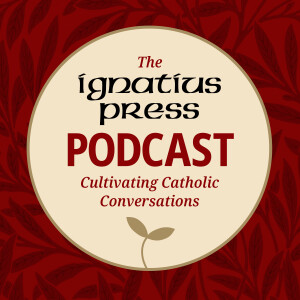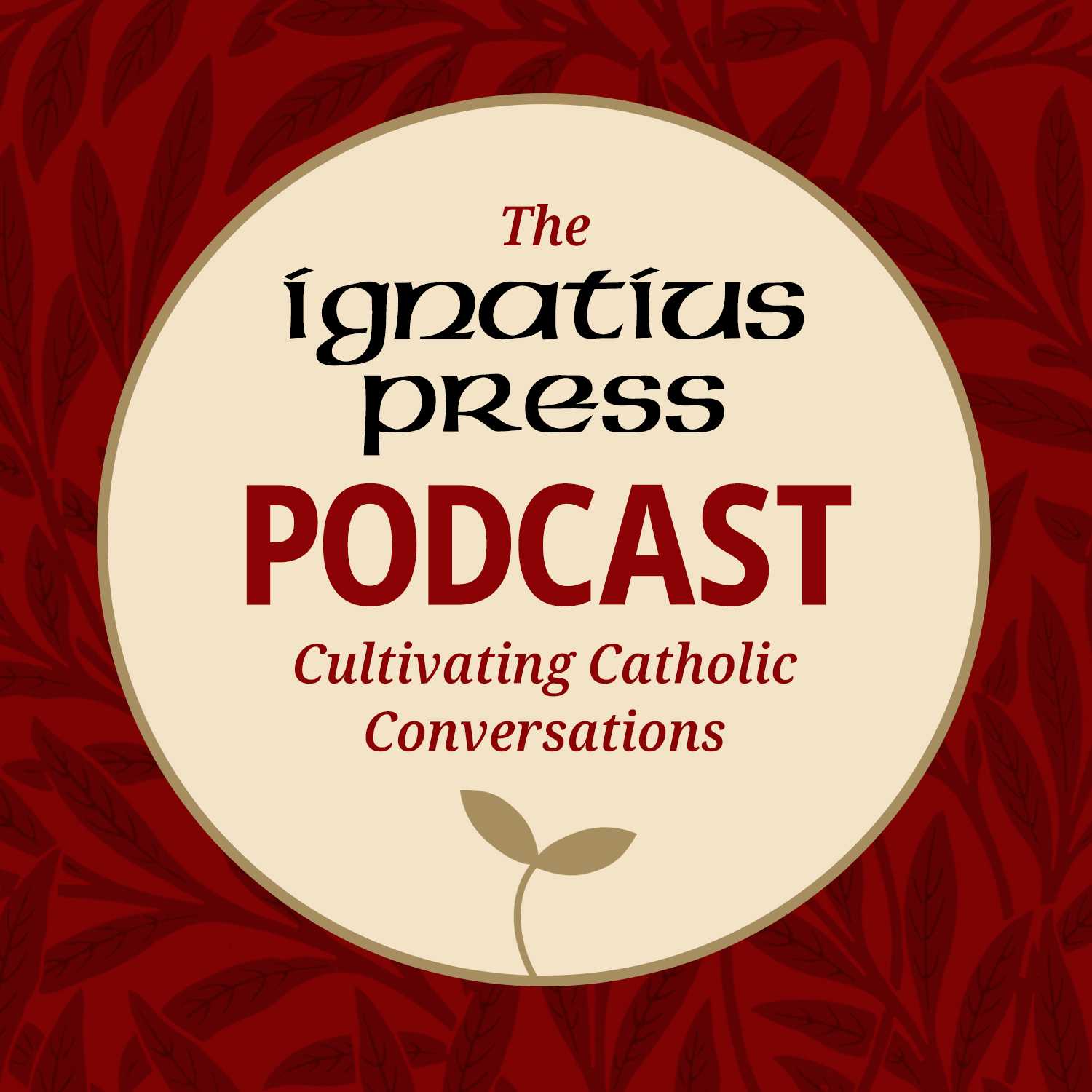Episodes

Friday Feb 11, 2022
Friday Feb 11, 2022
We'll be discussing the Archbishop's Pastoral Letter on the Human Dignity of the Unborn, Holy Communion, and Catholics in Public Life: https://sfarchdiocese.org/inthewomb

Thursday Feb 10, 2022
Author interview with Derya Little on her book, ”From Islam to Christ”
Thursday Feb 10, 2022
Thursday Feb 10, 2022
https://www.ignatius.com/From-Islam-to-Christ-P1287.aspx
Born and raised in Muslim Turkey, Derya Little wandered far and wide in search of her true home. After her parents' divorce, she rejected her family's Islamic faith and became an atheist. During her stormy adolescence, she tried to convince a Christian missionary that there is no God but was converted to Christ instead.
Her winding path through the riddles of God was not over, however. While attending a Turkish university and serving as a Christian youth minister, Derya began to compare the teachings of Protestantism and Catholicism, and during her doctoral studies in England, she entered the Catholic Church. Ultimately, she ended up in the United States, where she has become a citizen and has settled down to raise a family.
Derya's story provides a window into both Islam and modernity. It shows that the grace and the mercy of God know no bounds. Rather, the good news of salvation in Jesus Christ reaches souls in the most unlikely places.

Wednesday Feb 09, 2022
Wednesday Feb 09, 2022
Join us as we talk to Kendra Tierney about her brand new book, "The Catholic All Year Prayer Compendium", a follow up to her best-seller, "The Catholic All Year Compendium".
https://www.ignatius.com/The-Catholic-All-Year-Prayer-Companion-P3771.aspx
The Catholic deposit of faith and tradition is wide and deep! There are so many different devotions and ways to pray that it's impossible for anyone to ever use them all, let alone in a busy family. Fortunately the liturgical calendar is here to help!
In this companion to her bestselling book about liturgical living traditions in the home, The Catholic All Year Compendium, Kendra Tierney lays out hundreds of prayers, devotions, practices, blessings, indulgences, novenas, hymns, Bible readings, poems, encyclicals, and humor in an easy to use format according to the liturgical seasons and feast days of the Church calendar.
These prayers and practices are a great way to connect with the Bible, the Saints, the Church, and your family throughout the year. Without paging through stacks of books, you can easily access hundreds of beautiful devotions for every season of the liturgical year.
This book will help you and your family to:
- Pray the Christmas Novena nine days leading to Christmas Day
- Sing the beautiful Pange Lingua Gloriosi for the feast of St. Thomas Aquinas
- Discover the Seven Sundays of Saint Joseph
- Do the Stations of the Cross during Lent
- Have a Tenebrae service for the Triduum
- Have a blessed bonfire for the Nativity of St. John the Baptist
- Host a family joke night in honor of St. Lawrence
- and so much more!
Plus learn how to pray rosaries, chaplets, novenas and how to get indulgences, and what blessings are appropriate for use by lay people. And do it all with no more preparation than picking this book up from the shelf!
Produced with busy families in mind, Kendra Tierney brings these jewels of the Church into your home and family.

Tuesday Feb 08, 2022
Mark Brumley and Dr. Ben Akers discuss the digital offerings available on FORMED
Tuesday Feb 08, 2022
Tuesday Feb 08, 2022
We'll be talking about the digital offerings available on the popular Catholic platform, FORMED.
https://formed.org/

Monday Feb 07, 2022
Monday Feb 07, 2022
https://www.ignatius.com/Before-Austen-Comes-Aesop-P3772.aspx
Before Austen Comes Aesop presents an in-depth examination of the Children's Great Books, that is, the literature that has made the most profound impact on the lives of children throughout Western history. In addition to its invaluable chronological list of titles, from ancient times to the present, the book provides both students and their parents the guidance they need to read leisurely or study formally the Children's Great Books at home.
The book's premise is that children often do not spend enough time with the literature written or adapted for them before diving into adult works. An experienced teacher, the author argues that children benefit in many ways from lingering longer over literature created for them.
The Children's Great Books list includes the classic works that, while not written strictly for children, were orally passed on to them for generations and are foundational for understanding Western culture. These works include Greek and Roman fables, myths, and epics; European legends, sagas, folk stories, and fairy tales; and the Bible. The list also includes the acclaimed works written specifically for children, beginning in the age of the first printing presses and continuing into the late twentieth century.
Additionally, acknowledging the changes in children's literature that have occurred since the mid-1960s, the author provides helpful information for discerning which contemporary influential books are appropriate, or perhaps inappropriate, for one's children. She also includes several appendices that are useful for the study of literature at both the elementary and the secondary levels.

